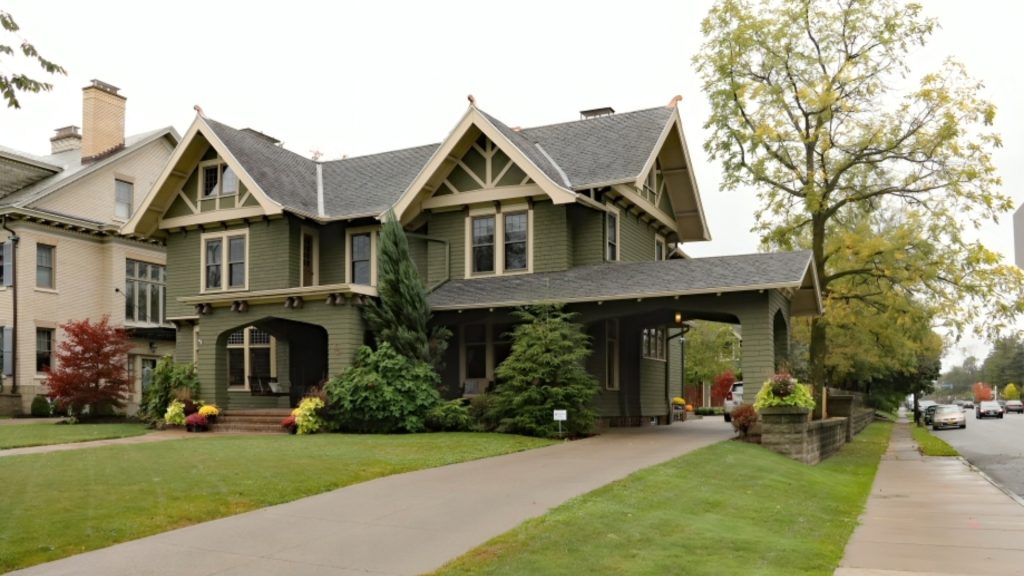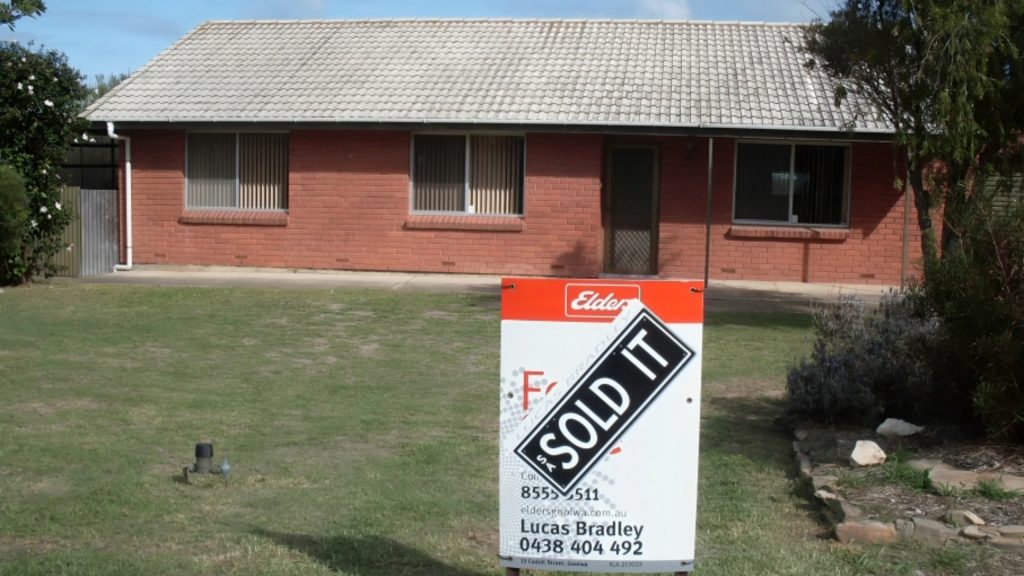If you ask anyone recently, the price of housing in the US is simply ridiculous. The median sales price of a home in the US in 2023 was a whopping $431,000. Based on most people’s salaries, it would take a few lifetimes to afford a house, but why is that so? It turns out that the Boomers are to blame.
Being Born in a Prosperous Generation Has Benefits

Baby Boomers were the generation that came just after the end of World War II. Between 1946 and 1961, the United States was the world’s largest producer of almost everything. Since it was mostly isolated from the fallout of the war, it had an edge over the rest of the world.
Naturally, there were some fringe benefits to being born in what was the most thriving post-war society in the world. The US had the largest and fastest-growing economy then, and the Boomers grew up in a world where everything was rosy and hopeful.
A Job Market With Opportunity

One of the benefits of having such a thriving economy was an abundance of jobs. There were a few areas in the US where jobs were hard to come by, but with expansion happening rapidly in many states, it was just a matter of moving to where the jobs were.
Not only were there abundant jobs, but upward and sideways mobility within the workforce was common. Combine the growing volume of money from workers with the ease of buying and owning property in the 70s and 80s, and we begin to see some shades of the picture.
Land Is a Limited Resource

As more and more expansion happened and properties were snatched up, there was suddenly a massive demand for places to live that were closer to these cities. Lucky Boomers who bought their properties early could sell to a developer and buy somewhere else to live.
Unfortunately, population growth means there will always be a demand for land and housing. And there is only so much land and housing to go around. With all the prime spots bought by the Boomers many years ago and the demand still high, property prices are through the roof.
Boomers Have Significant Impact on the Housing Market

According to the National Association of Realtors (NAR), younger generations are fighting a battle for ownership of property with their grandparents’ generations. And the younger folks are losing the fight. Most home buyers in the last few years have been older people.
Part of this is that many Boomers have hit retirement age and are cashing in their other assets to liquidate them. Additionally, high sale prices on houses mean many Boomers are selling their homes for far more than what they paid for them, making it easy to relocate.
Young Home Owners Are Dropping Off The Map

In the past, younger, first-time homeowners usually popped up around the late twenties and early thirties. While part of the reason is that they’re being priced out of the market by those with more liquid assets, there’s a deeper reason at play.
Because of the demand, sellers can charge a higher amount for their homes. Since buyers want the highest possible price, they are willing to sell to whoever will pay that. Gen Z has limited resources, and buying a house usually means competing against a Boomer with seemingly unlimited resources.
The Gulf in Equity Is Brutal

Thanks to their investments and working during the most economically prosperous time in the last hundred years, Boomers have a lot of equity. In fact, their assets and cash usually outstrip their bidding opponents several times over.
Economists estimate that when a budding war happens, the seller is more likely to settle for a combination of cash and equity to sell the property. While Gen Z might have some cash on hand, they don’t have nearly the amount of equity to compete fairly with a Boomer.
It’s Really Not Boomers Fault

With all the hate Boomers are getting, it’s easy to just blame them for the situation. Yet it’s not all their fault. They can’t be blamed for growing up in a society that helped them acquire a lot of capital that they could use later in life to own property.
When you look at it objectively, Boomers are also victims of this rat race that the property market has turned into. As a generation, Boomers have always been averse to risk, and property is the least risky investment they could make, especially in a booming rental market.
Becoming Houseowners Can Be Lucrative

One of the significant driving factors for Boomers being so invested in the housing market comes from a concern about earning money after retirement. Many Boomers know that their retirement funds won’t fund their lifestyles, and they’ll need some passive income.
One of the best ways to do this is to acquire a few rental properties and have them in operation. Any repairs that need to be done can come from a fund the owner sets up, leaving the majority of earnings from the property as income to offset their retirement benefits.
Introducing the “Landless Rich“

The status of landowners throughout history is interesting, but in the last fifty years, many people have been moving away from owning property. While being a house owner who relies on rentals for income, the amount of effort and money that goes into the upkeep of a property is immense.
Many younger people opt for rental agreements over ownership because it’s more convenient. Many Gen Zs are not into owning property and are more into traveling and seeing the world. Maybe it might be friendlier by the time they get around to setting down the housing market.
Not All Bad News After All

Economists like to say that “The Market Finds its Level.” This means that if the market is left to itself, it will find the amount the buyer is willing to pay and the seller is willing to accept. This is often true, but it’s difficult to predict what that level will be.
Gen Z is facing an uphill battle for now, but it won’t always be that way. Housing prices may be artificially inflated, which will lead to a crash. It is also possible that housing prices will continue to skyrocket. Only time will tell whether Gen Z will actually be able to afford a house within their lifetime.






